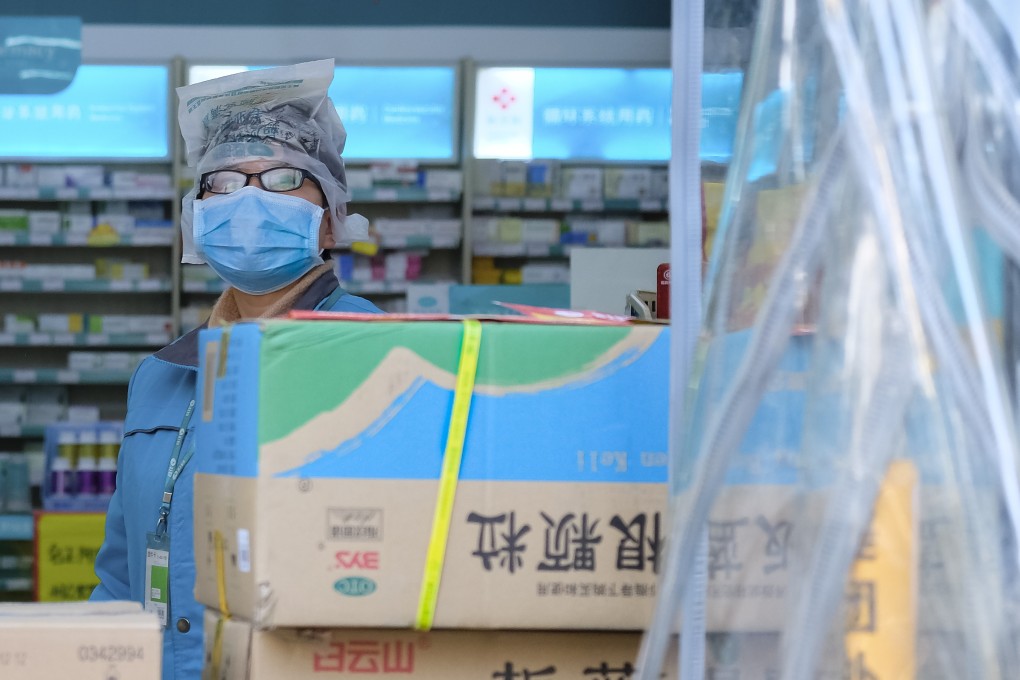Coronavirus could provide silver lining for Australian daigou retailers looking to tap China market
- The coronavirus outbreak in Wuhan could create opportunities for bulk retailers to establish a new cold supply chain in China, an Australian daigou business says
- The plan faces obstacles, however, including severe transport restrictions in Hubei province and changing Chinese consumption habits

Next-generation daigou or bulk-order distributing company James Tyler is planning on selling “immunity packs” of fresh fruits and milk shipped from Australia to residents trapped in the virus-hit Chinese city of Wuhan, signalling potential new opportunities for the Australian daigou industry amid the outbreak.
The delivery of immunity packs to residents in Wuhan, the epicentre of the coronavirus outbreak, when roads open again could also pave the way for the Sydney-based company to map out a new cold supply chain system into the city and the rest of China as a future “wet market” supplier.
The business, which supplies about 20 tonnes of fresh food including milk to China each week, would also have to find road transport drivers willing to pick up the packs from Zhengzhou, Wuhan’s neighbouring city, where the business has a secure receiving hub for Australian deliveries.

Tim Yu, APAC risk intelligence analyst at DHL Resilience360, said current transport conditions do not look promising with road and rail in and out of Wuhan and Hubei closed, and interprovincial cargo transport facing severe delays due to cross-border checks for both trucks and passenger cars.